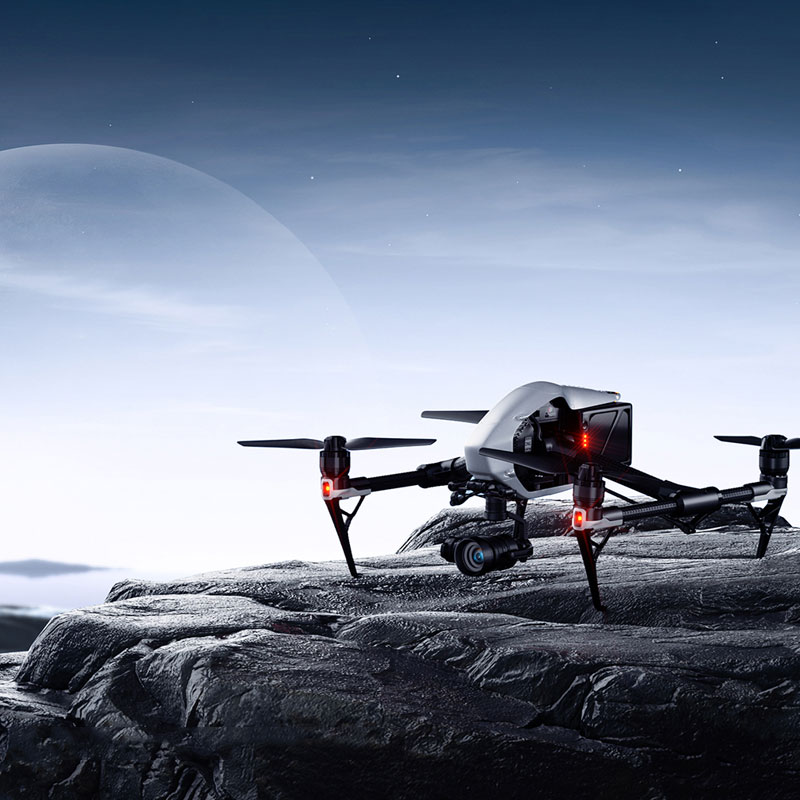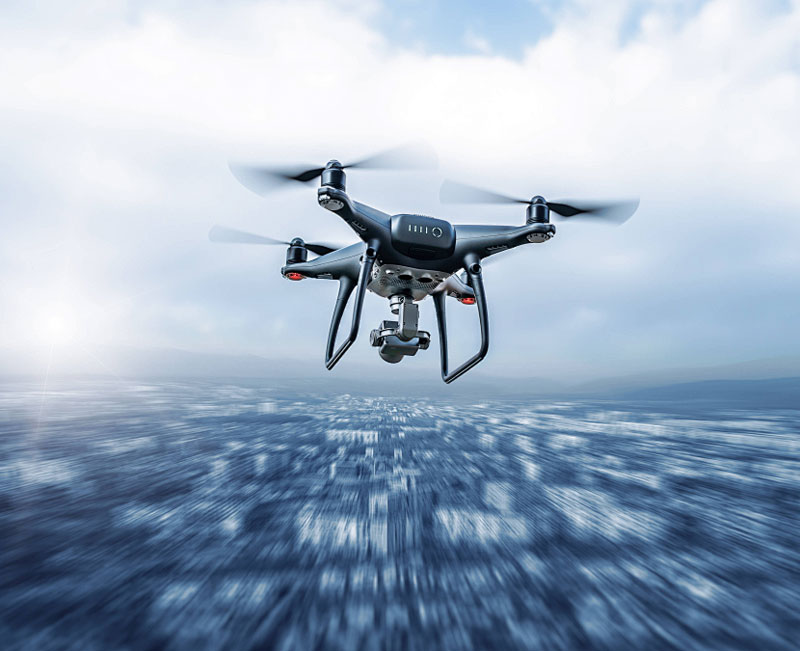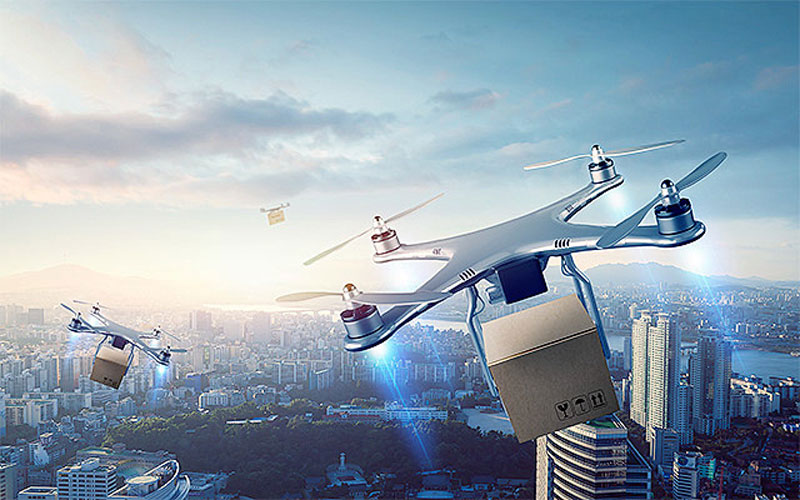In recent years, the demand for skilled drone pilots has surged, making the drone pilot certificate a highly sought-after credential. Whether you’re flying drones recreationally or professionally, understanding the certification process is crucial. Here’s a comprehensive guide to obtaining your drone pilot certificate, enriching your aerial skills, and unlocking new opportunities.
Understanding the Certification Requirements
To become a certified drone pilot, you need to comply with specific regulations. In many regions, aspiring pilots must pass an aeronautical knowledge test. This test assesses your understanding of important topics such as airspace classifications, weather patterns, and safety protocols. Ensuring you’re well-prepared for this exam is the first step toward certification.
Preparation Tips
- Invest in the right study materials, such as the official study guide offered by aviation authorities.
- Practice with online test simulations to familiarize yourself with the exam format.
- Consider taking a preparatory course to clarify complex topics.
Hands-on Flight Training
While theoretical knowledge is essential, hands-on flight training emphasizes practical skills. Participating in a drone flying class will refine your abilities to control and maneuver your drone effectively. These sessions offer invaluable practice in real-world scenarios, from managing unexpected challenges to ensuring safe flight operations.
Choosing the Right Drone
Your choice of drone can impact your training experience significantly. Opt for a model that is reliable and easy to handle, especially if you’re a beginner. Entry-level models provide essential features for novice pilots, whereas advanced drones offer complex controls for seasoned pilots looking to expand their skill set.

Recommended Drone Features
- GPS tracking for improved navigation.
- Stabilization technology for smooth flight.
- Long battery life to extend practice sessions.
Leveraging Your Certificate
Once certified, various opportunities await you. From aerial photography and surveying to innovative roles in agriculture and infrastructure monitoring, a drone pilot certificate can enhance your career prospects. Networking with industry professionals can also open doors to collaborative projects and new career paths.
Staying Informed

The aviation industry is ever-evolving, so staying informed about the latest regulations and technological advancements is vital. Join drone pilot forums and attend workshops or webinars to ensure your skills remain relevant and competitive.
Common Questions
Is the certification process difficult?
The difficulty of obtaining a drone pilot certificate varies by individual. Proper preparation and study can significantly ease the process, making it achievable with dedicated effort.
How often is recertification necessary?
Recertification requirements differ across regions, but generally, pilots should anticipate renewing their license every two years to stay compliant with regulations.
Can I operate any drone with this certificate?

While the certificate allows you to operate a broad range of drones, specific models or classes may require additional endorsements or permits depending on their capabilities and intended use.
